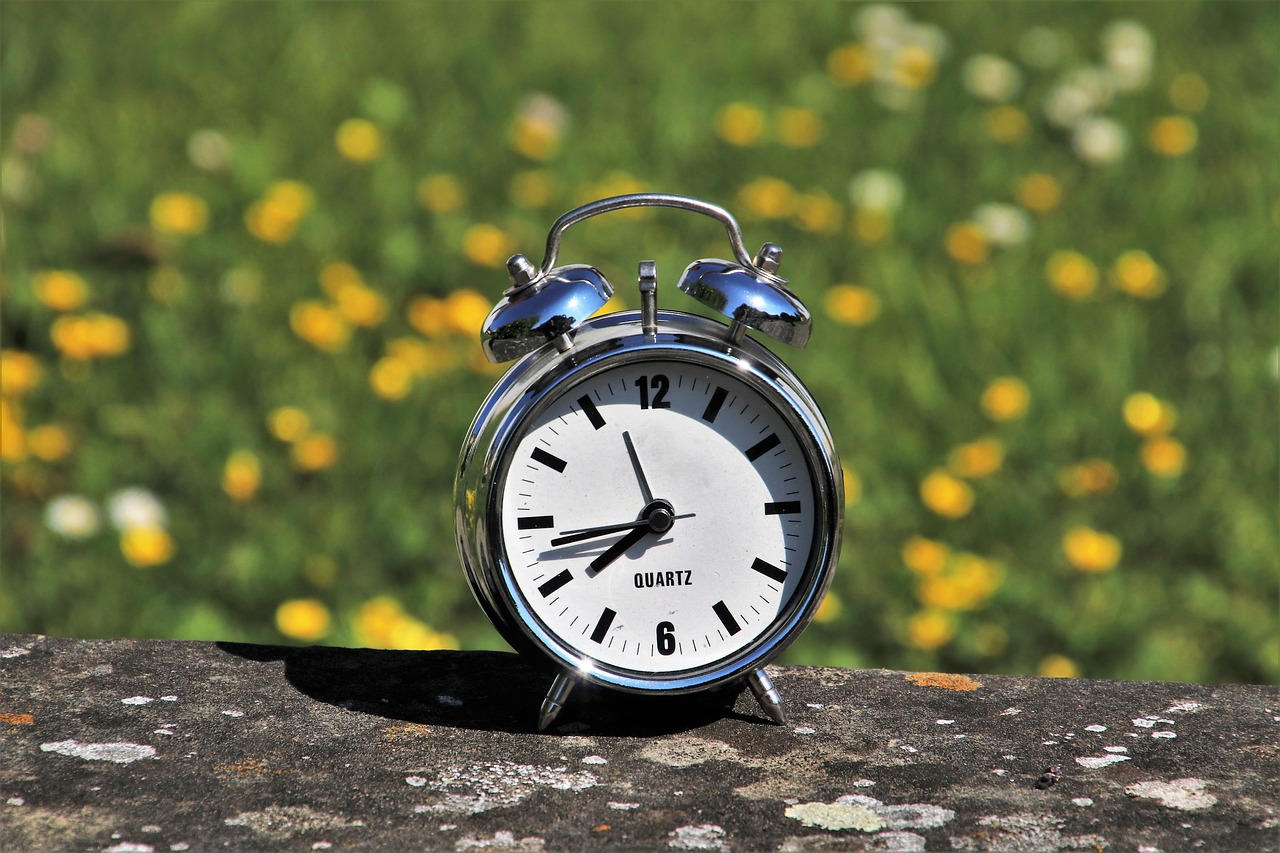Make the Most of Daylight Savings 2024: Your Ultimate Guide
Introduction to Daylight Savings 2024
Welcome to your ultimate guide on how to make the of Daylight Savings in 4. This yearly event is a perfect opportunity to optimize our daylight hours, enhance productivity, and engage in various outdoor activities. In this guide, we will delve into the history, effects, and benefits of Daylight Savings, along with tips to maximize your experience. So, let’s dive in!
For more articles check Newsworldportal
Table of Content
1 What is Daylight Savings?
2 The History of Daylight Savings
3 Reasons for Daylight Savings
4 The Effects of Daylight Savings
5 Preparing for Daylight Savings 2024
6 Tips for Adjusting to Daylight Savings
7 Activities to Maximize Daylight
8 Health Benefits of Daylight Savings
9 The Economic Impact of Daylight Savings
10 Controversies Surrounding Daylight Savings
11 Future of Daylight Savings
12 Conclusion
13 FAQ
What is Daylight Savings?
Beside it, Daylight Savings, also called Summer Time, is a measure when the clocks are set an hour forward in summer time. This adjustment can enable us best utilise natural source of light and at the same time reduce the usage of energy.
The History of Daylight Savings
It important to note that Daylight Savings was named by Benjamin Franklin in the year 1784 despite the fact that he never really implemented the idea. But it was only in early part of this century that it received recognition. The idea of daylight saving was first implemented in Germany in 1916, during the World War I in bid to save fuel. Since then, many other countries followed suit of this practice and while adopting it some extended their start and end dates.
Reasons for Daylight Savings
It is clear that Daylight Savings has several functions. The first goal is to increase the time during which natural light will be used and therefore minimize the use of artificial lighting to save energy. Also, there are more daylight hours after working hours, so people will spend more time outside, and will be healthier.
The Effects of Daylight Savings
Research says that the impacts of Daylight Savings for individuals as well as for the society are both positive and negative. Another impact……in the evening for business and employment; people are saved time to engage in recreational activities like outdoor sports, family outings. They have also credited to lowering of crime rates as well as road accidents. Still, some might have difficulties in their circadian rhythm organization or to adapt to shift from one time zone to another.
Preparing for Daylight Savings 2024
Thus, the recommendation is to start preparing for the shift to Daylight Savings Time in 2024. Start the process of changing the schedule of sleeping a few days before the change by attending bed and wakening slightly early. This will assist your body to adjust to the new time in effect reducing the stress caused by jet lag.
Tips for Adjusting to Daylight Savings
The change in time can be quite difficult for most people to handle. In order to support such a change it is important to regulate the night sleep mode, restrict the use of coffee and electronic gadgets during the night and by the same token let the body wake up in the morning through exposure to natural light. These practices will help in helping your body internal clock to function properly and ensure that you have proper sleep.
Activities to Maximize Daylight
Daylight savings provides longer days to your disposal and there are many ways on how to take advantage of this. One might want to try getting a new outdoor leisure activity such as gardening, hiking, or cycling. Another idea is to invite friends of the family for a picnic, in parks, or just having a walk in order to get the maximal dose of the vitamin D.
Health Benefits of Daylight Savings
In addition to the enjoyable recreational activities that are associated with Daylight Savings, the initiative has definite health advantages. This food lifts the levels of vitamin D formed in our bodies, essential for bone health as well as mood durability as well as psychological health. Accessibility to natural light can also synchronize people’s circadian rhythm and promote better night sleep.
The Economic Impact of Daylight Savings
In terms of economics it also holds an important part because of Daylight Savings. Since people are encouraged to reduce artificial lighting during the evening, especially by using natural light with the help of curtains, a lot of energy is saved. Furthermore, the longer days in the evening provide an influence to economic activities including, buying, leisure and hospitality since individuals get to stay longer out of their homes.
Controversies Surrounding Daylight Savings
However, Daylight Savings has its controversies that surfaced even though it is in practice throughout the world. Opponents claimed that the shift affects the quality of sleep, productivity and can result in deterioration of that state of health. However, people argue that it has minimal effect concerning energy conservation and the time wasted due to change of clocks twice per year.
Future of Daylight Savings
The use of Daylight Savings is still an open question in some states since the need for it and its usefulness in the modern world are unclear. There are places where they provided suggestion to do away with the system altogether, and there are places that have suggestion to change the plan as it is. It is anticipated that continued public debate about the need to maintain or abolish Daylight Savings will continue as policymakers and societies review its advantages and inconvenience.
Conclusion
Daylight Savings provide a great chance to manage the available daylight and make the best of summer time. If we set forward our clocks, productivity increases, outdoor activities are promoted, and energy use is conserved. As effective as the practice may be, it is not without its critics and issues, but the fact remains that it holds a lot of benefits to people and to the community. So grab your coffee and prepare yourself for the optimal Daylight Savings time in 2024 and say hello to summer long daylight!
FAQ
1. Do all countries observe Daylight Savings?
No, not all countries observe Daylight Savings. The practice varies across different regions and often depends on geographical location and legislation.
2. How often does Daylight Savings occur?
Daylight Savings typically occurs twice a year – once in spring, when clocks are adjusted forward, and again in autumn, when clocks are set back.
3. Why do we adjust our clocks?
We adjust our clocks to make better use of natural daylight, save energy, and align our daily activities with the available sunlight during different seasons.
4. Does Daylight Savings affect everyone’s sleep patterns?
While some individuals may experience disruptions in their sleep patterns during the adjustment period, not everyone is equally affected. It primarily depends on an individual’s sensitivity to time changes and their sleep habits.
5. Will Daylight Savings continue in the future?
The future of Daylight Savings is uncertain and subject to ongoing discussions and debates in various countries. Some regions may choose to abandon the practice, while others might modify the existing system based on further evaluations.






